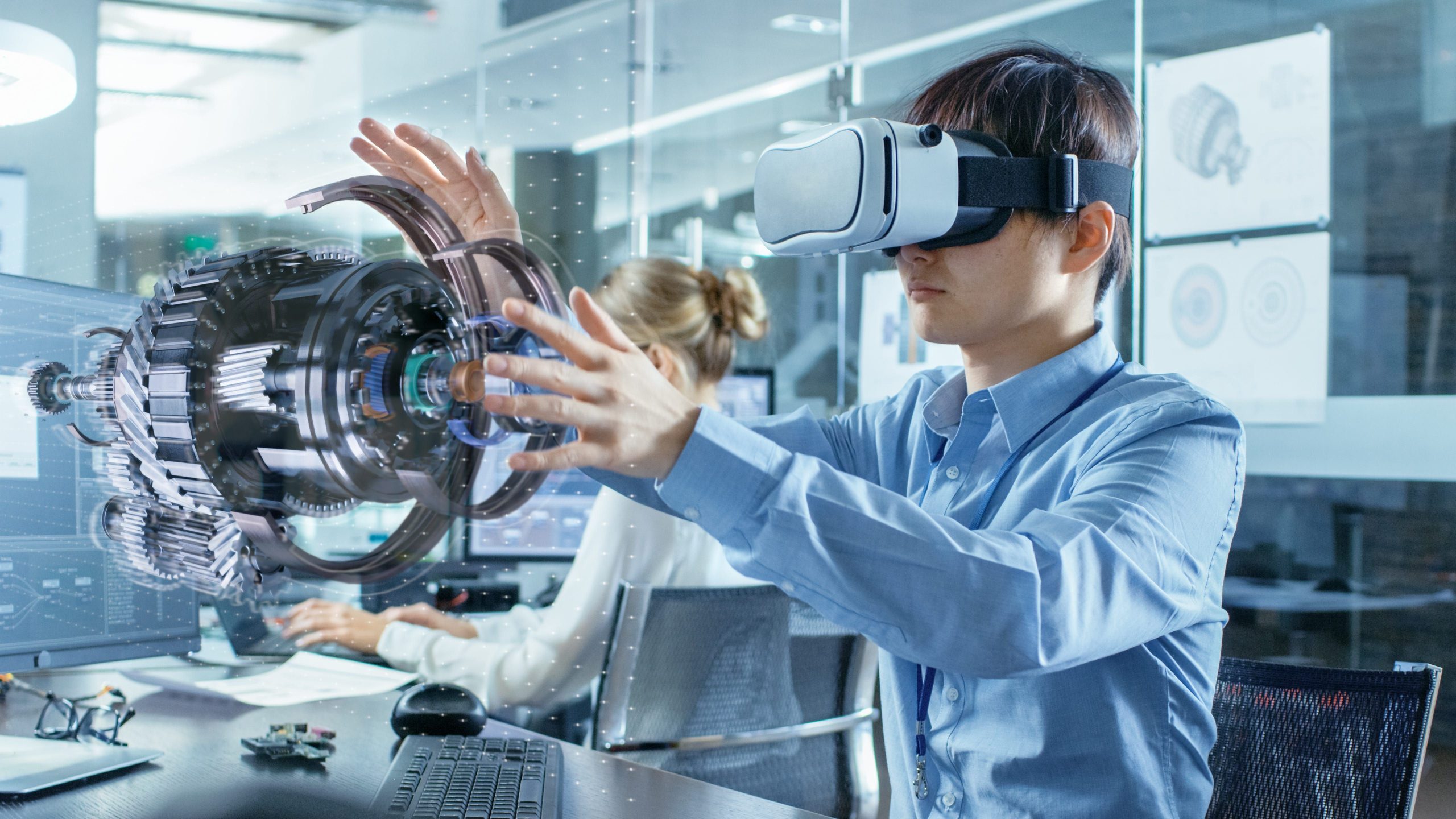Augmented Reality (AR) and Virtual Reality (VR) are two of the most exciting technologies in the tech industry right now. Both AR and VR have the potential to revolutionize the way we interact with the world around us, offering new and immersive experiences that were once only possible in science fiction. As a developer, building AR/VR experiences can be a rewarding but challenging endeavor. In this article, we will explore some of the best tools and development platforms available to help you create your own AR/VR experiences.
Unity
Unity is one of the most popular game engines for creating AR/VR experiences. It offers a wide range of tools and features that make it easy to create immersive and interactive environments. Unity supports a variety of platforms, including iOS, Android, Windows, and macOS, making it a versatile choice for developers looking to create cross-platform experiences. Unity also has a large community of developers and resources available, making it easy to get help and support when needed.
Unreal Engine
Unreal Engine is another powerful game engine that is commonly used for creating AR/VR experiences. Unreal Engine offers high-quality graphics and advanced rendering capabilities, making it a popular choice for developers looking to create visually stunning environments. Unreal Engine also supports a wide range of platforms, including iOS, Android, Windows, and PlayStation, making it a versatile choice for developers looking to target multiple platforms.
Vuforia
Vuforia is an AR development platform that is designed specifically for creating AR experiences. Vuforia offers a wide range of features, including image recognition, 3D object recognition, and spatial awareness, making it a powerful tool for creating immersive AR experiences. Vuforia also supports a variety of platforms, including iOS, Android, and Windows, making it a versatile choice for developers looking to create cross-platform AR experiences.
ARCore
ARCore is Google’s AR platform for Android devices. It offers a wide range of features, including motion tracking, environmental understanding, and light estimation, making it a powerful tool for creating AR experiences on Android devices. ARCore also has a large community of developers and resources available, making it easy to get help and support when needed.
Unity MARS
Unity MARS is an extension of Unity that is specifically designed for creating mixed reality experiences. Unity MARS offers a wide range of features, including environmental detection, interactable objects, and cloud anchoring, making it a powerful tool for creating immersive mixed reality experiences. Unity MARS also supports a variety of platforms, including iOS and Android, making it a versatile choice for developers looking to create cross-platform mixed reality experiences.
Conclusion
Building AR/VR experiences can be a challenging but rewarding endeavor. By using the right tools and development platforms, you can create immersive and interactive experiences that will captivate users and push the boundaries of what is possible with technology. Whether you choose Unity, Unreal Engine, Vuforia, ARCore, or Unity MARS, each of these tools and platforms offers a unique set of features and capabilities that can help you bring your AR/VR experiences to life.
